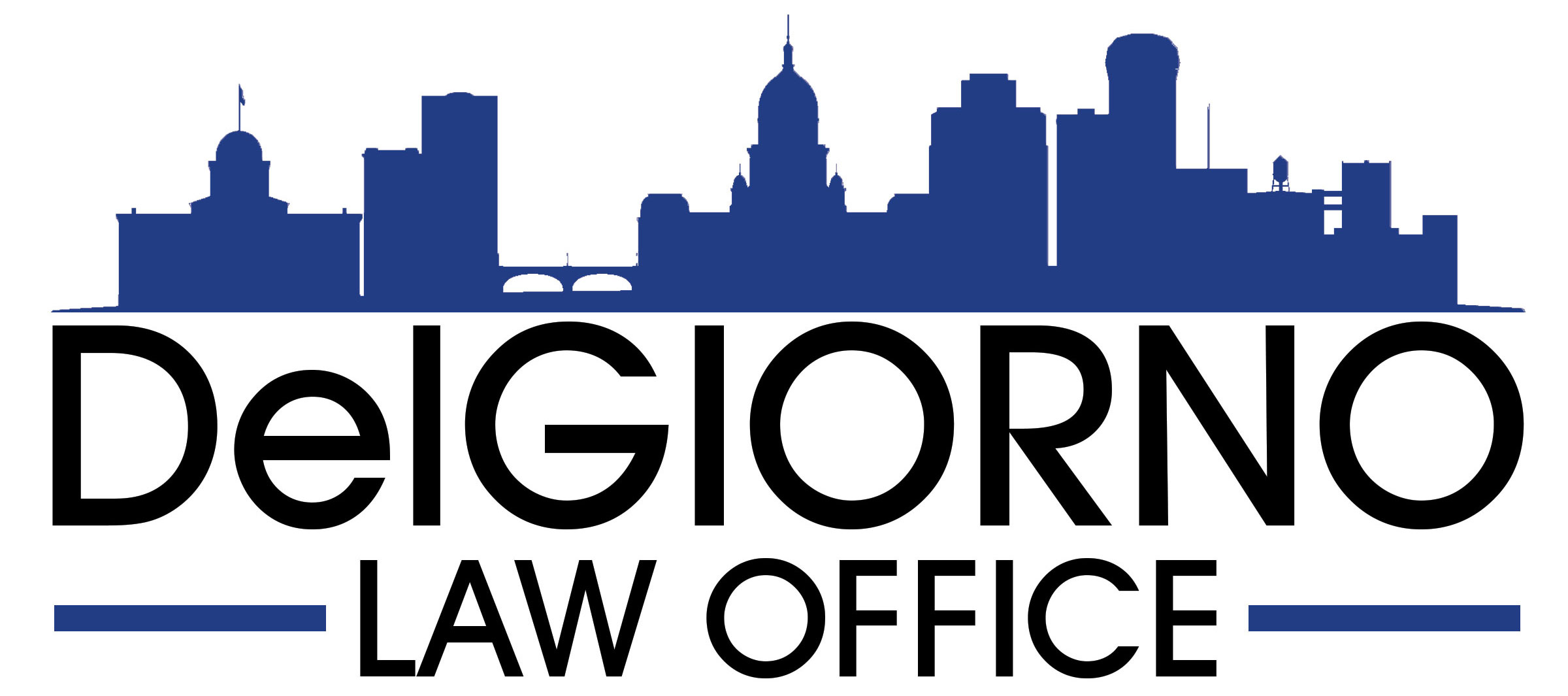In the closing days of the Illinois General Assembly’s spring 2012 legislative session, a bill was introduced and passed without much consideration by legislators or time for comment from the public. That bill, known as the SMART Act, dramatically re-wrote the extensively negotiated regulations that implemented the 2006 federally mandated changes to Medicaid eligibility for seniors facing nursing home placement. After 5 years of dragging its feet, the Department of Human Services, in August 2010, issued its proposed rules to implement this federal change. After a year of extensive input from organizations advocating for senior rights and fairness and the elder law community, these negotiated regulations were adopted and phased in to allow for seniors and their legal advisors to adapt and plan.
Under the guise of budget shortfalls, the Illinois General Assembly passed, and on June 14, 2012, Governor Pat Quinn signed, the Save Medicaid Access & Resources Together (SMART) Act. The budget cutting changes made by this statute include:
- Illinois Cares Rx, a program that helped low-income seniors and people with disabilities pay for prescriptions, ends.
- Dental services for Medicaid recipients are limited to emergency extractions only.
- Medicaid recipients living at home in the community will now have to make co-pays for physician visits and for prescriptions. If you have more than 4 prescriptions, you may have to get pre-approved to have them covered.
- The Circuit Breaker program is terminated for property tax assistance, but will continue for license plates.
- Eligibility for Long Term Care (Nursing Home) eligibility changes include the following:
- Transfers of money to a person providing care services must be well documented by contract, with details of the services to be provided, the rate of pay to be made, and proof that payment was made at regular intervals from the date that the contract was created. Lump sum payments prior to application will be not be treated as payment for services rendered but an unallowable transfer of assets.
- A spouse of a nursing home residence must disclose all assets and income or the spouse will not be eligible for Medicaid at all. A hardship waiver can be sought.
- The amount of money (assets or income) that a spouse living at home can keep is frozen at 2011 levels. Those amounts are: $2,739.00 per month of total income and $109,560.00 in assets (the homestead property will not be counted towards this amount).
- Assets can be converted into an income stream by purchasing an annuity that makes equal monthly payments based upon the annuity owner’s life expectancy. However, the State of Illinois must be made the primary beneficiary if the person dies before receiving all of their payments so that the State can be paid back for any Medicaid benefits that were paid.
- Use of Medicaid Payback Trusts for anyone over the age of 65 is prohibited. Before this change, if a person over 65 wanted to place money in this type of trust using a not-for-profit agency managing the money in a pooled trust, this would protect Medicaid eligibility. The money would be available for the senior’s needs that were not covered by Medicaid/government benefits, but if there was money left at the time the senior died, the money had to be paid to the State to recoup the Medicaid benefits paid. Now, the use of this type of trust is prohibited.
These are just the highlights of many of the changes that were implemented this summer that makes Medicaid eligibility for long term care along with community based care more difficult for seniors. Before considering any changes to your assets in an effort to protect them, it is important to consult with an elder law attorney well versed in the Medicaid eligibility rules and the changes that have been implemented in this SMART (or not-so-smart) ACT.
* Tony DelGiorno is a partner at the law firm of Rammelkamp Bradney, P.C. where he concentrates in elder law, guardianships, Medicaid, estate planning, probate, and related litigated matters. He can be reached at 217-522-6000 or by e-mail at [email protected]. Visit our website at www.rblawyers.net.

Recent Comments